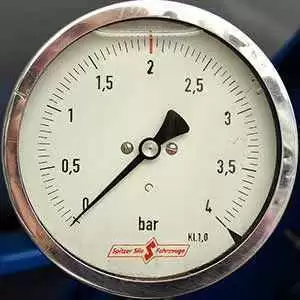Celiac.com 10/18/2012 - Currently, there is no convenient way for people with celiac disease to test food for gluten content. In an effort to change that, University researchers in Spain are using Sunrise™ absorbance readers by Tecan, together with Magellan™ V4.0 software to create an accurate, easy to use sensor that can test for gluten in food.
 Maria Isabel Pividori from the Sensors and Biosensors Group at the Universitat Autònoma de Barcelona confirmed the development of the "electrochemical magneto immunosensor for the sensitive detection of gliadin – and small gliadin fragments – in natural or pretreated foods.” Gliadin is the main protein trigger for celiac disease.
Maria Isabel Pividori from the Sensors and Biosensors Group at the Universitat Autònoma de Barcelona confirmed the development of the "electrochemical magneto immunosensor for the sensitive detection of gliadin – and small gliadin fragments – in natural or pretreated foods.” Gliadin is the main protein trigger for celiac disease.
Celiac.com Sponsor (A12):
The sensor is an important step toward addressing "increasing demand for rapid, simple and low cost techniques for accurate food analysis in decentralized analytical situations," said Pividori.
The research team measured the performance of the electrochemical immuno-sensor by comparing it with a new magneto-ELISA, using optical detection performed on the Sunrise plate reader.
The team conducted ELISAs in 96-well microplates, using a magnetic separation plate to isolate the supernatant before measuring the absorbance in the Sunrise reader.
This enabled the team to conduct immunoassays in a number of various formats for multiple applications – such as evaluating protein coupling to magnetic beads and nanoparticles – as well as allowing assessment of different transducer materials for bio-sensing purposes.
Because it offers "a quick and easy way to optimize reagents and assay parameters," Pividori calls the Sunrise "ideal for research applications."
So just how far off is a commercially viable device that will allow people with celiac disease to test gluten levels in their food? Only time will tell, but stay tuned for more developments as researchers try to deliver such a device.
Meantime, let us know what you think. Would you like a device that could easily and accurately test food for gluten? Would such a device make your gluten-free life better or easier? Comment below to let us know your thoughts.
Full details of this study can be found in: Laube T et al. Biosens Bioelectron, 2011, 27, 46-52.
Source:
- Open Original Shared Link



Recommended Comments